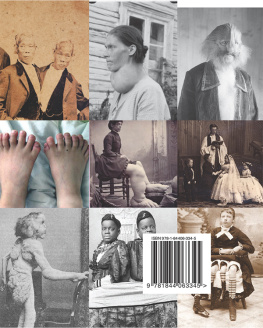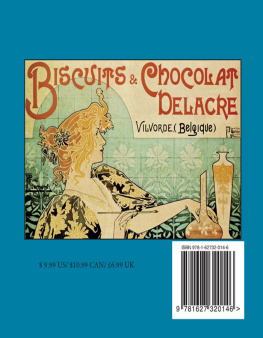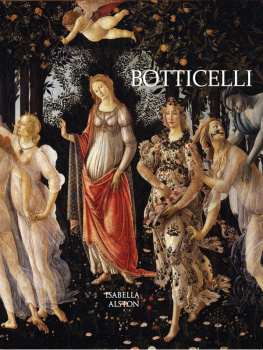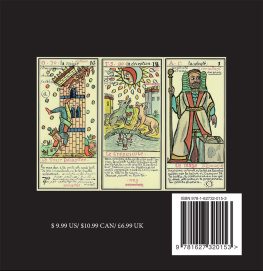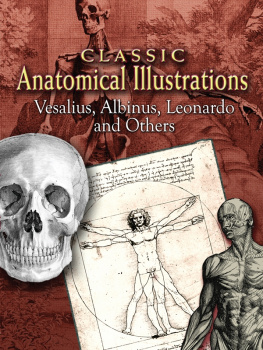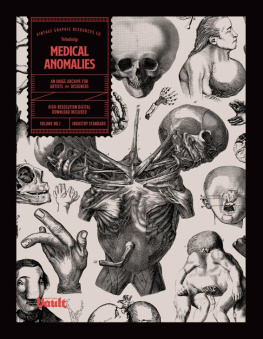T he human body is an immensely complex and amazing system, but sometimes something goes haywire and causes one or more of its vital elements to misfire, resulting in bizarre and often devastating anatomical anomalies. Such physical abnormalities in times past often meant that the affected individuals would be stigmatized and shunned from the rest of society, primarily out of fear of the unknown.
Thankfully, modern science and modern medicine working together have been able to solve many of these physical problems so that the currently afflicted can lead relatively normal lives. The general public has also grown more knowledgeable about the physical disfigurements that plague the human race and has thus become much more accepting of the pain and hardship faced on a daily basis by those so challenged.
Extreme physical deformities are not viewed in the same light today as they were 100, or even 50, years ago. The very real people who once would have been the spectacles flaunted at freak shows are today shown understanding. Regardless of the modern times we enjoy, rare cases of physical abnormalities still persist that are so extreme little can be done to ameliorate the deformity.
Published by TAJ Books International LLC 2014
5501 Kincross Lane
Charlotte, North Carolina, USA
28277
www.tajbooks.com
www.tajminibooks.com
Copyright 2014 TAJ Books International LLC
All rights reserved. No part of this publication may be reproduced, stored in a retrieval system, or transmitted in any form or by any means, electronic, mechanical, photocopying, recording, or otherwise, without the prior written permission of the Publisher and copyright holders.
All notations of errors or omissions (author inquiries, permissions) concerning the content of this book should be addressed to .
The Publisher wishes to thank all image contributors, including Dave Skinner, Mutter Museum, Guinness Book of World Records, and Journal of Neonatal Surgery. The Publisher believes the use of images in the size depicted in this book qualifies as fair used under United States copyright law.
ISBN 978-1-84406-334-5
Printed in China
1 2 3 4 5 18 17 16 15 14
INTRODUCTION
T he human body is an immensely complex and vast system, with billions of different biological elements working together to form and maintain a healthy, functioning individual. But sometimes something goes haywire to cause one or more of these vital elements to misfire, resulting in bizarre and often devastating anatomical anomalies. Such physical abnormalities in times past often meant that the affected individuals would be stigmatized and shunned from the rest of society, primarily out of fear of the unknown.
Thankfully, with the advent of modern science and medicine, we are able to shed light on these issues, often being able to correct the problem and allow sufferers to lead relatively normal lives. The general public has also grown more knowledgeable about the physical disfigurements that plague the human race and has thus become generally more accepting of the pain and hardship faced on a daily basis by those so challenged.
Physical deformities became a form of entertainment for the public with the advent of the freak show in medieval Europe during the 16th century. The freak show drew crowds of thrill seekers who would gaze in amazement at the monsters on display. People finding amusement at the expense of otherscommonly referred to as schadenfreudeis unfortunately a sad and disappointing aspect of human nature that continues to this day. In fact, some of the first freak shows were unveiled with royal imprimatur, a notable example being when Lazarus and Joannes Baptista Colloredo were displayed at the court of Charles I of England in the 17th century. The brothers, born in Genoa, Italy, were conjoined twins. As is the case with many conjoined twins, Lazarus was reputed to be quite handsome, and it is believed he later married and had numerous healthy children.
His brother, Joannes Baptista, named for Saint John the Baptist, protruded from his chest in a way that his torso arched backward, away from Lazarus chest, and his head hung upside down. Joannes could not talk, and it was said he could merely move his eyes and open and close his mouth. When the brothers were not on tour, Lazarus would cover Joannes with a cloak so as not to draw too much attention to themselves.
The 18th and 19th centuries heralded the circus sideshow, essentially a freak show attached to a circus. These sideshows eventually came to include talent acts, such as fire-eaters, sword throwers, and contortionists. Matthias Buchinger, a German, was one of the best-known sideshow acts of the 18 th century. He was born without hands and lower legs. Small fin-like appendages replaced his missing hands. As did Lazarus Colloredo, Matthias actually led a pretty normal live, marrying four times and fathering 14 legitimate children. He reputedly had as many as 70 mistresses with whom he may have produced even more children.
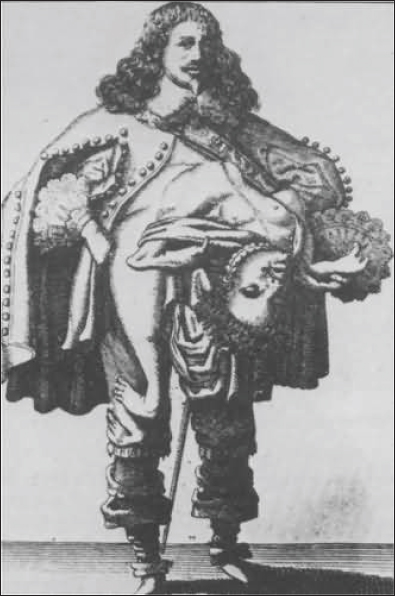
An etching of Lazarus and Joannes Baptista Colloredo
Matthias main act was conjuring, that is, to make something or someone appear unexpectedly or seemingly out of nowhere, although he was also a skilled artist and engraver. One self-portrait incorporates seven biblical psalms as well as the Lords Prayer within his hair. In addition to his art and magical abilities, he was purportedly a skilled marksman and built miniature ships in bottles. Lastly, he was a talented musician, playing the dulcimer, hautboy, trumpet, flute, and two other instruments, which he invented himself.
Americas first economically successful freak show debuted in 1842 when P.T. Barnum (of the Barnum & Bailey Circus) invented his own freakish creature known as the Feejee Mermaid. The Feejee Mermaid was a baby monkeys head sewn onto the body of a fish, then covered in papier-mch and marketed as a mummified creature.
Following on the general success of the Feejee Mermaid, Barnum introduced General Tom Thumb, who unlike his predecessor was a living, breathing person. Thumb, whose real name was Charles Sherwood Stratton, had been a healthy baby, weighing about 9 pounds at birth, but shortly thereafter stopped growing. When he began touring with Barnum at five years old, he stood approximately two feet tall. Very slowly, he grew to a final height of just over three feet. Barnum, a distant relative of Charles, trained him to sing, dance, act, and mime.
General Tom Thumbs act, in which he impersonated figures such as Napoleon and Cupid, was hugely successful all across the United States, so much so that Barnum traveled to Europe with Charles and his act. There, Charles gained international stardom. In 1863, Charles wed Lavinia Warren, who was about his same height, in a huge wedding in New York City. The couple graced the front page of numerous newspapers and soon after was received at the White House by President Abraham Lincoln to celebrate the happy occasion. Charles and Lavinia toured together until his death at the age of 45 from a stroke.
Barnum also had a giantess in his show. She was named Anna Swan. When Anna was bom in 1846 in Nova Scotia, Canada, she weighed a whopping 18 pounds and continued to grow at an amazingly fast rate. By the time she was four years old, she was already over 4 feet tall, and by her eleventh birthday she was over 6 feet tall. Her growth spurt ended at the age of 17 when she was approaching 8 feet tall. She worked for P.T. Barnum in his American Museum in New York City, frequently being paired with General Tom Thumb to accentuate their respective heights.

